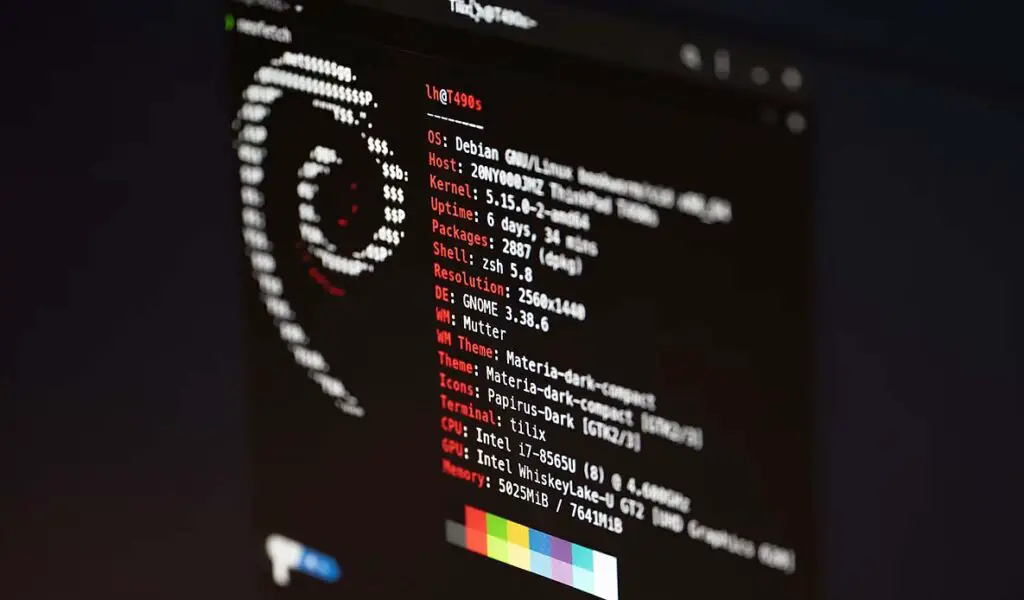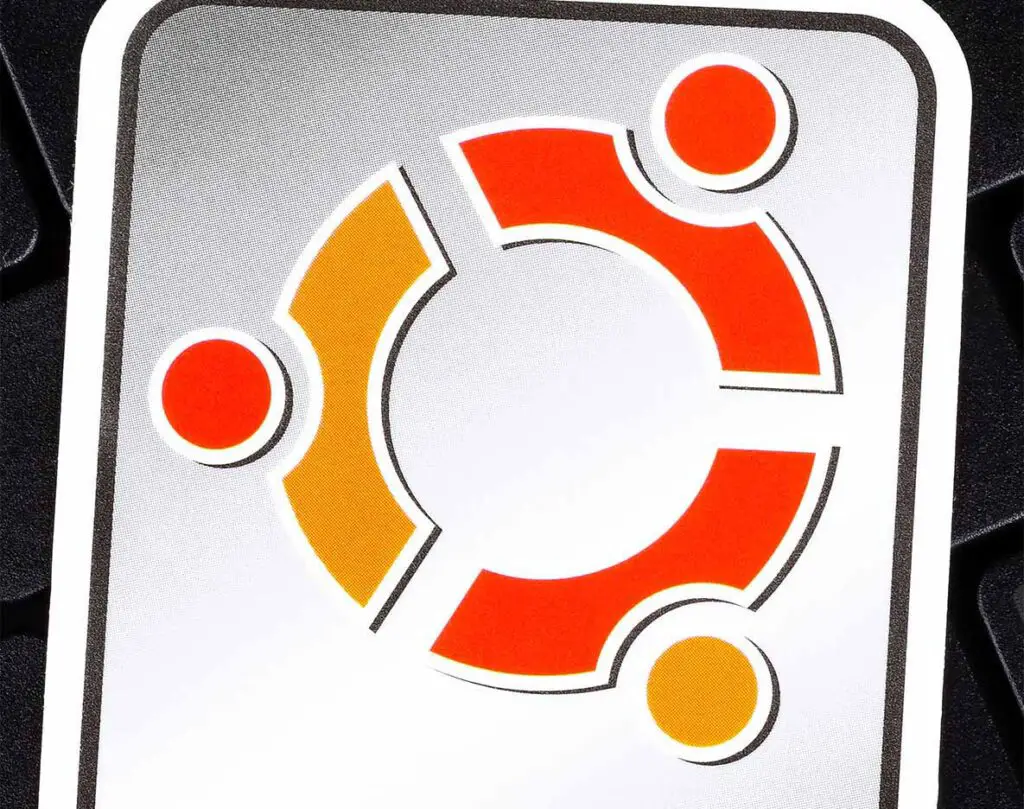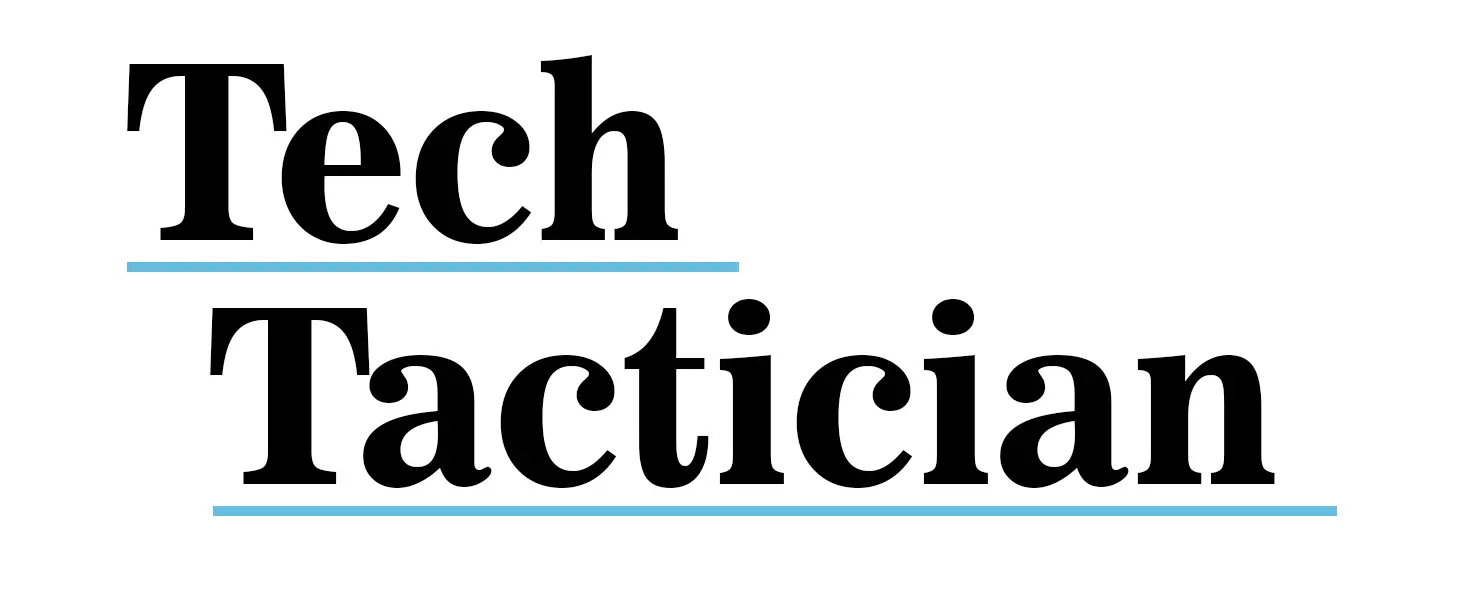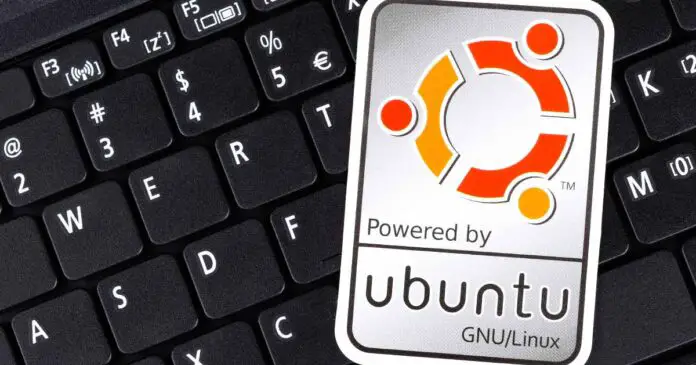Whether you’ve stumbled upon this question when searching for package installation instructions for your favorite Linux distro, or by learning the fascinating history of open-source software and operating systems, you’re in the right place to find out the answer!
- Short History And Origins of Ubuntu
- In What Sense Is Ubuntu Based On Debian?
- Similarities & Differences – Ubuntu vs. Debian
- Different Distributions Related To Ubuntu
- What Was Debian Based On?
You might also like: Virtual Machines and OS Virtualization How To – Full Tutorial Guide
Short History And Origins of Ubuntu
Ubuntu, a popular operating system, has its origins and history deeply rooted in the Debian distribution. Created by South African entrepreneur Mark Shuttleworth, Ubuntu was first released to the public in October 2004.
The name Ubuntu is derived from the Zulu and Xhosa languages, meaning ‘humanity towards others’ or ‘I am because we are.’ Ubuntu was developed with the goal of providing a free and open-source alternative to proprietary operating systems like Windows.
It was built upon the Debian architecture and utilizes the same package management system, APT (Advanced Package Tool). Ubuntu has since become one of the most widely used Linux distributions, known for its user-friendly interface, stability, and extensive software library.
It continues to be actively developed and supported by a large community of developers and users worldwide.
In What Sense Is Ubuntu Based On Debian?
Ubuntu is based on Debian in terms of its architecture and package management system. The architecture of Ubuntu is derived from Debian, which means that the underlying structure and organization of the operating system are similar in both of these distributions. Both Ubuntu and Debian use the same core components, such as the Linux kernel, and share many of the same fundamental principles.
Similarities & Differences – Ubuntu vs. Debian

When comparing Ubuntu and Debian in a little bit more depth, there are several key points to consider.
Common Package Managers
Both Ubuntu and Debian utilize the very same package manager to manage software installations and updates.
Ubuntu and Debian use the Advanced Packaging Tool (APT), which is a high-level package management system built on top of the Debian package management system. APT provides a user-friendly command-line interface and a graphical interface called Synaptic. It also supports the use of third-party repositories, allowing users to access a wide range of software.
Release Cycles
The release cycles of Ubuntu and Debian differ in terms of frequency.
Ubuntu follows a strict six-month release cycle, with a new version coming out every April and October. This predictable schedule allows users to plan their upgrades and ensures that they have access to the latest features and improvements regularly.
In contrast, Debian follows a more flexible release cycle based on the ‘release when ready’ philosophy. This means that Debian releases occur less frequently and are driven by the stability and quality of the software.
Default Desktop Environments
Ubuntu and Debian have different default desktop environments, reflecting their distinct design philosophies and target audiences.
Ubuntu, being more user-friendly and aimed at mainstream users, uses the GNOME desktop environment as its default. GNOME provides a modern and intuitive user interface, with a focus on simplicity and ease of use. It offers a clean and uncluttered desktop environment with a sidebar and a top bar for accessing applications and system settings.
On the other hand, Debian, being more focused on stability and flexibility, offers multiple desktop environment options such as GNOME, KDE, Xfce, LXDE, and Cinnamon. This allows users to choose the desktop environment that best suits their preferences and requirements.
Debian’s approach provides just a little bit more customization options but may require additional setup and configuration compared to Ubuntu’s more streamlined and ready-to-use GNOME environment.
Community Support
Continuing the discussion on community support, Ubuntu and Debian don’t really differ in their approaches and resources available for users seeking assistance. The open-source community doesn’t disappoint.
Ubuntu, as a more user-friendly distribution, puts a strong emphasis on providing comprehensive support options for its users. It offers a whole lot of semi-official online community forums where users can ask questions, seek guidance, and troubleshoot issues. Additionally, Ubuntu provides official documentation with detailed instructions and tutorials for various tasks. The very same is true for Debian.
General Ease Of Use
Another difference is the level of user-friendliness. Ubuntu is known for its focus on ease of use and a more polished user interface, making it a popular choice for beginners. It also features many sister distributions, for instance Edubuntu which is meant for educational use.
On the other hand, Debian is often favored by more experienced users and tinkerers who prefer just a little bit more customizable and less streamlined approach. All in all, the difference in the general comfort of use is minuscule – it’s Linux after all!
Different Distributions Related To Ubuntu

Various distributions have emerged that are closely related to Ubuntu, each with its own distinct characteristics and features.
One such distribution is Kubuntu, which is essentially Ubuntu with the KDE Plasma desktop environment. Kubuntu provides a more customizable and visually appealing user interface compared to the default GNOME desktop in Ubuntu.
Another related distribution is Xubuntu, which uses the lightweight Xfce desktop environment. Xubuntu is known for its speed and resource efficiency, making it an excellent choice for older or less powerful hardware.
Lubuntu is another variant that utilizes the lightweight LXQt desktop environment and is designed to run on even lower-end systems.
Yet another is Edubuntu which we’ve already mentioned earlier.
These different distributions offer users a range of options based on their preferences and system requirements, while still retaining the core Ubuntu functionalities and inherent its package management system.
What Was Debian Based On?
Debian, the operating system that served as the foundation for Ubuntu, was based on the GNU project and developed by a group of volunteers led by Ian Murdock way back in 1993.
The GNU project, initiated by Richard Stallman in 1983, aimed to create a free and open-source operating system. However, by the early 1990s, the GNU project lacked a functioning kernel. This was the overall beginning of Linux as a whole.
Ian Murdock founded the Debian project, combining the GNU software with the Linux kernel, which was developed by Linus Torvalds.
The Linux kernel provided the crucial component that was missing from the GNU project. This combination of the GNU software and the Linux kernel formed the basis of Debian, which then went on to inspire the development of other popular Linux distributions, including Ubuntu.
Check out also: How To Run Gpt4All Locally For Free – Local GPT-Like LLM Models Quick Guide

